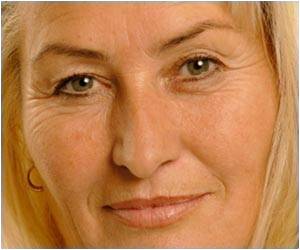A study on mice has shown that a synthetic derivative of a common North American desert shrub, creosote, may help boost the odds of living longer.
A study on mice has shown that a synthetic derivative of a common North American desert shrub, creosote, may help boost the odds of living longer.
University of Michigan scientist Richard A. Miller says that the compound derived from creosote is called NDGA.While presenting the preliminary results of the study at the annual meeting of the American Aging Association, he said that male mice fed a normal diet and NDGA have so far been found to survive in significantly greater numbers than mice on a normal diet.
“This is the first time to my knowledge when an agent has been shown to extend median life span in three laboratories,” says Miller, Professor of Pathology.
He, however, conceded that no significant difference occurred in female mice, and could not explain why there was such a difference.
“We don’t know how NDGA is having its effect on survival in this first analysis. It may be that the female mice because of their hormonal status have other pathways to death and disability, or need higher or lower levels of NDGA to see an effect,” Miller says.
Miller says that answers to the questions whether the mice fed NDGA, already well past middle age, live past the normal outer limit of old age, can be obtained only once all the mice in the control group have died in six to 10 months.
Advertisement
The researcher further said that much more research was needed before any possible human anti-aging drug could emerge.
Advertisement
He also pointed out that the Food and Drug Administration does not evaluate the safety of such herbal remedies.
The study, now in its fourth year, will test as many as two dozen possible anti-aging agents in animals in the next five years.
Source: ANI
LIN/M






